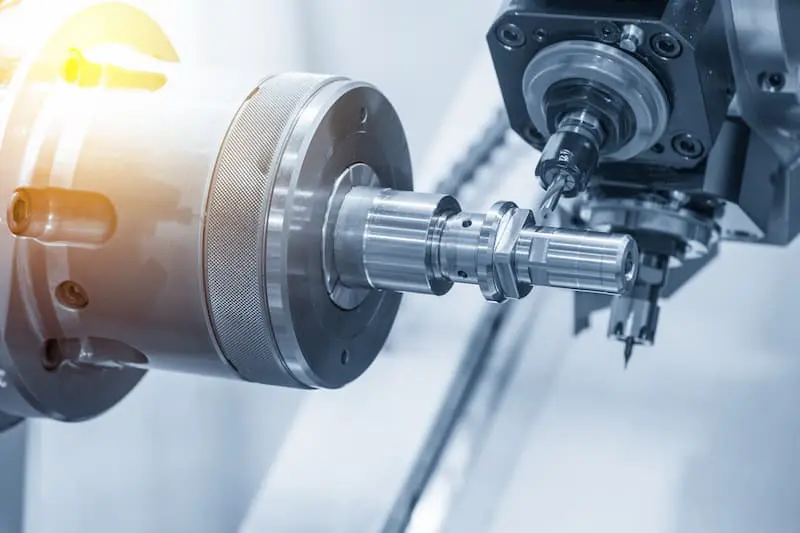CNC turning stands as a cornerstone, offering the capability to transform raw materials into intricately shaped components. Yet, the efficacy of CNC turning doesn’t solely depend on the machines and techniques employed; it fundamentally hinges on the materials chosen for the process. Selecting the right materials is a decision that significantly impacts the quality, durability, and performance of the final product. This article explores the critical question: which materials are ideal for CNC turning and why? To guide us on this journey, we’ll turn to Alpha Precision CNC, a trusted name in CNC Turning Services, renowned for its ISO 9001 certification and fully equipped CNC machine shop in Silicon Valley.
Understanding CNC Turning Materials
The choice of material in CNC turning is akin to selecting the canvas for an artist’s masterpiece. It sets the foundation for the final work, influencing its aesthetics, functionality, and longevity. Material selection is not a one-size-fits-all endeavor; it hinges on various factors that come into play during the machining process. CNC experts understand the nuances of material selection and its pivotal role in precision manufacturing.
Commonly Used Materials
Among the array of materials suitable for CNC turning, several stand as tried-and-true options, celebrated for their versatility and performance. Materials like aluminum, steel, stainless steel, and brass are staples in CNC turning due to their exceptional machinability and widespread availability. Aluminum, for instance, is renowned for its lightweight yet durable nature, making it a preferred choice for aerospace and automotive components. Stainless steel’s resistance to corrosion makes it ideal for medical instruments, while brass’s excellent conductivity finds applications in electronics. These materials are favored for their balance of strength, workability, and cost-effectiveness.
Exotic and Specialized Materials
In certain industries and applications, standard materials may not suffice. This is where the realm of exotic and specialized materials enters the stage. Titanium, with its remarkable strength-to-weight ratio, finds its place in aerospace and medical devices. Inconel, known for its heat and corrosion resistance, is a go-to material for demanding applications in the aerospace and energy sectors. Plastics, like PEEK, are prized for their versatility in industries ranging from electronics to healthcare. While machining exotic materials presents challenges.
Material Selection Criteria
Navigating the vast landscape of materials for CNC turning requires a well-informed approach. Material properties, project requirements, and cost considerations should all factor into the decision-making process. Understanding the specific demands of a project is crucial. For instance, if lightweight components are vital, aluminum might be the best choice. If high-temperature resistance is needed, titanium or Inconel could be the answer. Alpha Precision CNC assists clients in making informed material choices, aligning them with project objectives.
Conclusion
In conclusion, the selection of materials in CNC turning is a critical determinant of a project’s success. It’s a decision that reverberates through the manufacturing process, from the initial design to the final product’s performance. Alpha Precision CNC, with its ISO 9001 certification and CNC Turning Services, exemplifies the importance of material expertise in precision manufacturing. As industries continue to innovate and demand ever more intricate and high-performance components, the choice of materials remains an integral part of the journey. It’s a journey where material selection meets precision machining, resulting in products that stand at the intersection of quality, functionality, and excellence.

